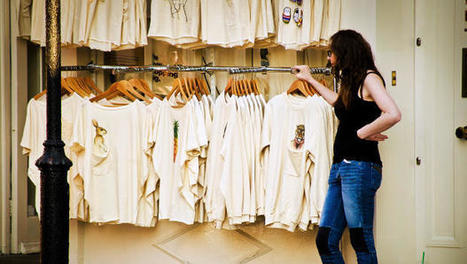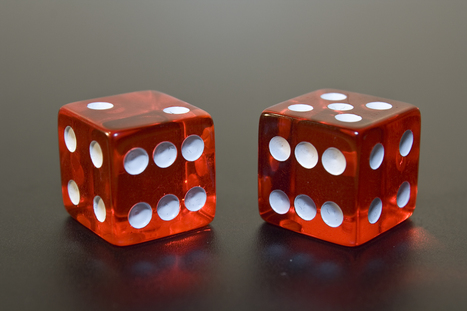While wanting the best seems like a good thing, research from Swarthmore College finds that satisficers tend to be happier than maximizers.
This is true for two reasons. First, people who want the best tend to be prone to regret. "If you’re out to find the best possible job, no matter how good it is, if you have a bad day, you think there’s got to be something better out there," says Barry Schwartz, a professor at the University of California, Berkeley and author of The Paradox of Choice.
Maximizers are also prone to measuring themselves against others. "If you’re looking for the best, social comparison is inevitable," says Schwartz. "There’s no other way to know what the best is." Envy quickly makes people miserable.
Via The Learning Factor



 Your new post is loading...
Your new post is loading...














There's a happiness gap between wanting the best and accepting good enough. Here are some science-backed ways to close it.
There's a happiness gap between wanting the best and accepting good enough. Here are some science-backed ways to close it.